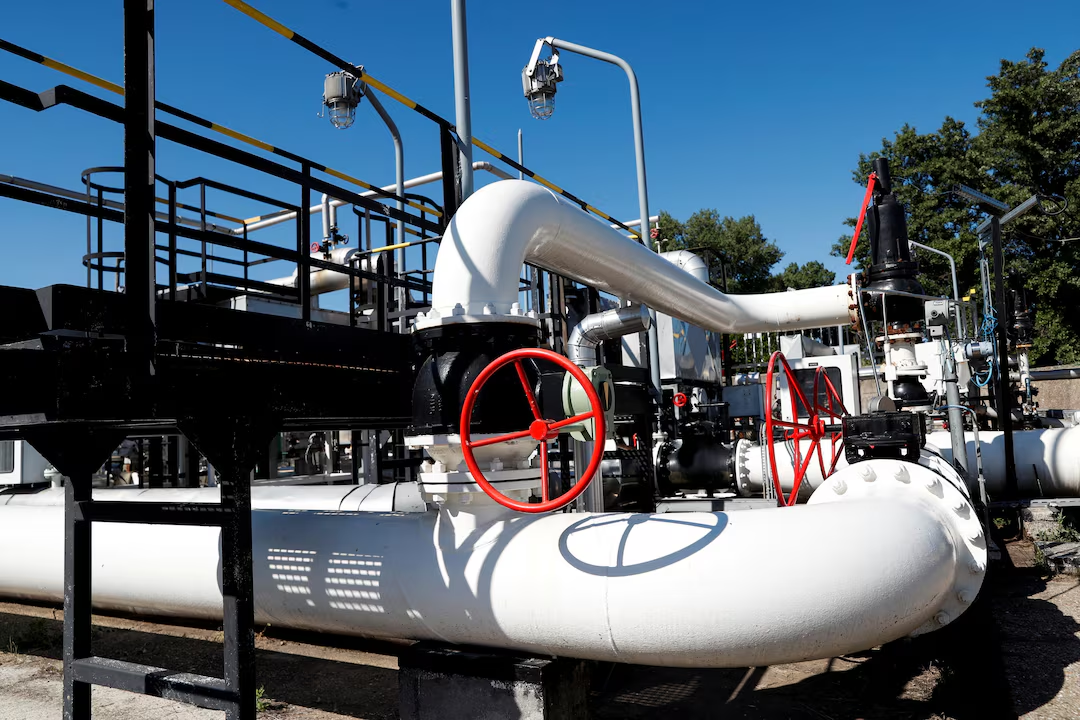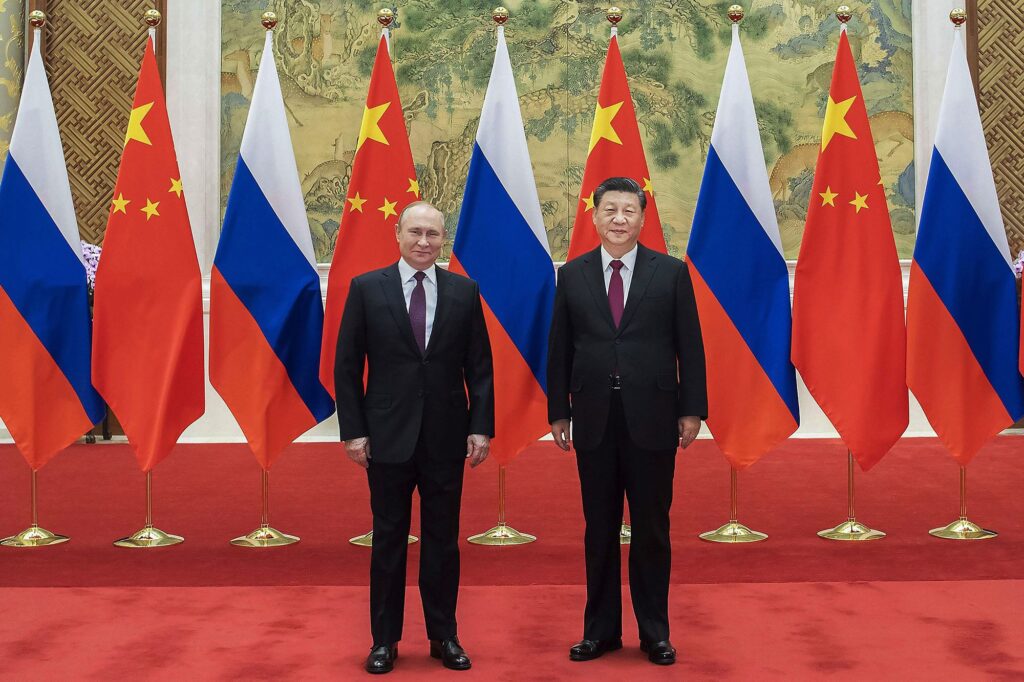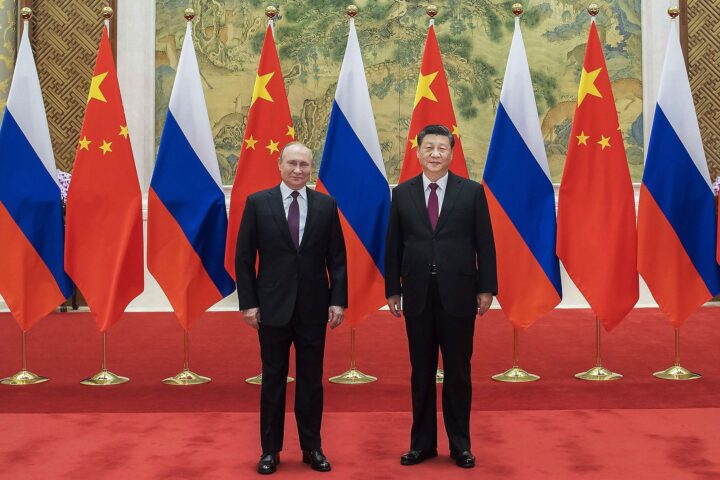A Ukrainian strike on key infrastructure cuts Russian oil flow to Hungary and Slovakia, exposing Central Europe’s energy vulnerabilities.
A Ukrainian strike on a transformation station has triggered a suspension of Russian crude oil shipments to Hungary and Slovakia via the Druzhba pipeline, officials from both countries confirmed. This interruption raises alarms over energy reliability in Central Europe and underscores the fragility of infrastructure amid escalating geopolitical tensions.
For Hungary, which continues to depend heavily on Russian energy, the blow was immediate and jarring. The attack on the transformer station rendered the pipeline inoperative, and Hungarian Foreign Minister Péter Szijjártó condemned the incident as a direct assault on national energy security. While Russian technicians have been dispatched to conduct repairs, no clear timetable for resuming flow has been offered, leaving uncertainty hanging over both nations’ energy landscapes.
Slovakia, equally reliant on the pipeline, confirmed similar disruptions. Its state-run pipeline operator, Transpetrol, stated that while internal oil transportation systems remain functional, the suspension occurred upstream—outside Slovak territory—and that deliveries into Slovakia are halted until the pipeline is repaired.
Amid these developments, Ukraine’s foreign minister, Andrii Sybiha, took to social media to deflect blame, pointing the finger squarely at Russia. He argued that while Russia initiated the ongoing conflict and remains an unreliable energy partner, Hungary and Slovakia should not direct their grievances at Kyiv.
The backdrop of this crisis is the sprawling Druzhba pipeline network, one of Europe’s largest and oldest. It channels Russian crude through Belarus and Ukraine into Hungary, Slovakia, and beyond. Historically, it served as a reliable artery—though recent tensions have exposed how vulnerable it can be to political and military turbulence.
Just days earlier, on August 13, Ukraine carried out a strike on an oil pumping facility at Uniecha in Russia’s Bryansk region. The attack, also blamed for prior disruptions, adds another layer of complexity and points to an increasingly volatile stage where energy infrastructure has become a battleground.

The sudden halt in supply has immediate implications for the two energy-dependent countries. In Hungary—where the Druzhba pipeline is a primary crude source—fuel production and refining are directly threatened. With no confirmed alternatives in the immediate term, the disruption could soon translate into broader economic ripples, from industrial slowdowns to household fuel shortages.
Slovakia, though more diversified in energy sourcing, still lacks a full buffer. Its refineries and fuel distribution systems count on steady crude feed. A prolonged outage could destabilize local markets and generate anxiety over reserve adequacy. Industry watchers are keenly watching how quickly alternative arrangements—via Adria pipeline routes or spot market purchases—could be mobilized.
Beyond the short-term impact, the incident underscores the geopolitical leverage that energy infrastructure carries. It illustrates how conflict dynamics in Eastern Europe can now directly translate into disruptions at the pump and anxiety over resource security. The episode also adds urgency to efforts to diversify energy routes and reduce dependency on single points of failure.
At the EU level, the situation feeds into broader conversations around energy independence and resilience. While many member states have embarked on wind, solar, and gas diversification projects, Hungary and Slovakia have historically lagged, partly due to their continued reliance on Russian supplies via landlocked access points. The crisis now spotlights how that dependency is both strategic and precarious.
In the coming days, the political and technical responses to this outage will play out on multiple fronts. Hungary is pushing for swift restoration of service from Russia. Slovakia is watching how regional coordination and energy market adjustments unfold. Ukraine is holding firm in its stance, signaling that fault lies with the Kremlin—not Kyiv.
For now, the oil halt is more than a temporary blackout—it’s a cautionary tale. As Europe navigates the complex intersection of energy, security, and diplomacy, this disruption over the Druzhba pipeline serves as a stark reminder: in a volatile world, energy is not just a commodity—it’s also a geopolitical flashpoint.















